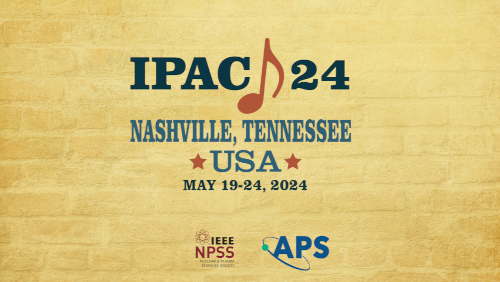Speaker
Description
In 2023 the LHC restarted after the yearly winter shutdown with a new machine configuration optimized for intensities of up to 1.8e+11 protons per bunch. In the first two months of the 2023 run the bunch intensities were pushed up to 1.6e+11 protons per bunch until a severe vacuum degradation, caused by a damaged RF bridge, occurred close to the ATLAS experiment. Following repair, the decision was taken to stop the intensity increase. After a period of smooth operation, a leak developed between the cold mass and insulation vacuum of a low-beta quadrupole, leading to an abrupt stop of the LHC. Thanks to a rapid intervention, the leak could be repaired without warning up large parts of the machine, and the LHC was ready for beam again early September. Special runs at very large beta* were completed in the remaining time before switching to Lead ion operation. The performance achievements and limitations as well as the issues that were encountered over the year will be discussed in this paper.
| Region represented | Europe |
|---|---|
| Paper preparation format | LaTeX |

